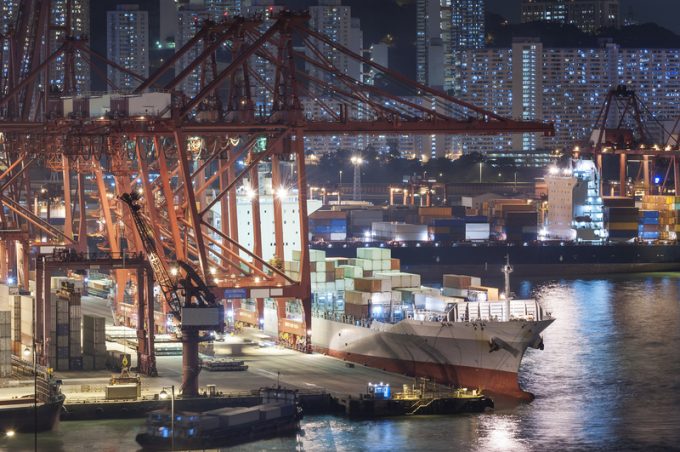Overcapacity looms for ocean trades – with more blanked sailings inevitable
Notwithstanding the possible effects of the US tariffs on global container trades, the box lines ...

The financial cost of the coronavirus outbreak to container lines is now approaching the $2bn mark, according to new research from SeaIntelligence Consulting.
Up to the beginning of this month, the Copenhagen-headquartered analyst estimates that the industry has lost 1.9m teu in volumes since the onset of the crisis, which dampened demand due to the widespread closure of factories in China.
“At a rough average freight rate of $1,000 per teu, this equals a revenue loss of $1.9bn for the carriers,” said ...
Outlook for container shipping 'more uncertain now than at the onset of Covid'
Teamsters union vows UPS will be 'in for a hell of a fight' over jobs cull
Shippers warned: don't under-value US exports to avoid tariffs – 'CBP will catch you'
Cancelled voyages take the sting out of spot rate declines this week
New Houthi warning to shipping as rebel group targets specific companies
K+N CEO unveils impact of US import tariffs on China-origin goods
Blanked sailings in response to falling demand 'just a stop-gap solution'
CMA CGM to reflag box ship as the French carrier eyes growing Indian market
More pressure on transpacific rates as carriers bet on a China-US trade deal
Boeing looks to resell up to 50 aircraft rejected by Chinese buyers
'Strong start' to 2025, despite market uncertainty, says Kuehne + Nagel
US Customs chaos means 'more downside risk than upside potential' for air cargo
Taiwan ministries act to mitigate effect of trade war on agriculture exports
Wan Hai joins box shipping 'arms race', but avoids Chinese yards for newbuilds
MOL signs up with Climeworks for direct air carbon capture and storage

Comment on this article